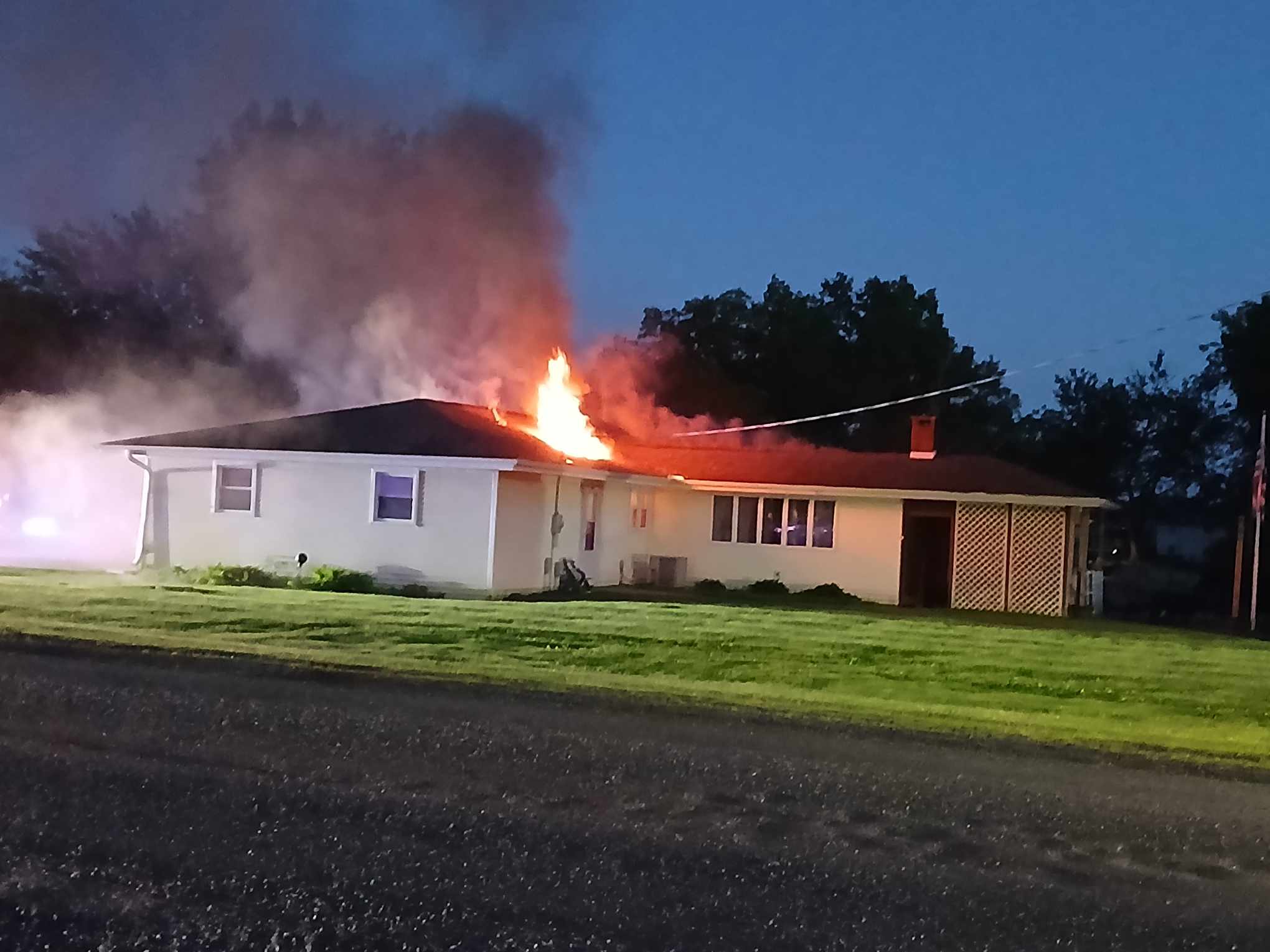WASHINGTON (AP) — As it targets Hamas’ underground tunnels in Gaza, Israel has relied on powerful 2,000-pound bombs provided by the United States. But now those deliveries are on hold.
The U.S. is pausing a shipment of 1,800 of the bombs, as well as 1,700 500-pound bombs, U.S. officials said. The decision comes as Israel is planning an assault on the southern Gaza city of Rafah in an attempt to root out the final elements of Hamas.
With more than 1 million refugees sheltering in Rafah, U.S. officials are concerned the bombs could inflict massive casualties. Human rights groups have long said that Israel’s use of powerful bombs has caused the indiscriminate killings of civilians.
Defense Secretary Lloyd Austin told a Senate panel Wednesday that smaller, more precise weapons are needed for a densely populated area like Rafah.
Still, he made clear the decision wasn’t final.
“We’re going to continue to do what’s necessary to ensure that Israel has the means to defend itself,” Austin said. “But that said, we are currently reviewing some near-term security assistance shipments in the context of unfolding events in Rafah.”
A look at the 2,000-pound bomb and why there’s so much concern about its use in Rafah.
While the U.S. has dropped 2,000-pound bombs off its aircraft since World War II, current versions date back to the Vietnam War. It’s an air-dropped munition, one that can carry a higher payload because it doesn’t have an engine. It’s one of the larger munitions in the U.S. inventory, said Ryan Brobst, a senior research analyst at the Foundation for the Defense of Democracies’ Center on Military and Political Power.
The 2,000-pound bomb has multiple variants — some are designed to penetrate deep, underground targets while others detonate above ground and cause widespread damage. Depending on the variant, and whether the munition is dropped in an open or urban area, its blast radius can be as far as a quarter mile away or a much more confined area.
The bombs are “dumb” or unguided bombs but can be turned into more precise weapons with the addition of Joint Direct Attack Munition kits, or JDAM kits which add a tail fin and navigation.
That added kit enables troops to guide the munition to a target, rather than simply dropping it from a fighter jet onto the ground. The kits make the weapons more precise, but in a densely populated urban environment, a JDAM kit is not going to make much of a difference — a precise hit will still have the reach to kill unintended bystanders.
U.S. fighter jets, bombers and drones can all fire the JDAMs, and the U.S. began providing the munitions to Ukraine in 2022, a slightly modified version that could be launched from Ukrainian aircraft. After the Oct. 7 attack on Israel by Hamas, the U.S. provided 2,000-pound munitions to Israel to assist in its defense.
And unlike other types of munitions in the U.S. inventory, the military has an ample supply of them, so providing them doesn’t involve the same type of stockpile pressures the U.S. has with other more limited munitions like the 155mm artillery rounds.
The Israeli military has said little about what kinds of bombs and artillery it is using in Gaza. But from blast fragments found on-site and analyses of strike footage, experts are confident that the vast majority of bombs dropped on the besieged enclave are U.S.-made. They say the 2,000-pound bombs have killed hundreds in densely populated areas.
Brobst said the 2,000-pound bombs are still needed to assist Israel in striking Hamas’ tunnel network in Rafah.
Wes Bryant, a weapons expert and retired American Air Force master sergeant who served on an independent task force for the State and Defense Departments on Israel’s use of weapons in Gaza, said that the pause would be a “huge hit” to the Israeli arsenal.
The 2,000- and 500-pound bombs are some of the main munitions used by Israel in its seven-month war campaign, Bryant said.
“They have been burning right through them,” said Bryant. He said the munitions are made by major American weapons manufacturers like Raytheon, Northrop, Lockheed Martin, General Dynamics and General Atomics.
A report compiled by the independent task force for the State and Defense Departments last month said U.S. sources informed one of its members that 300,000 munitions had been dropped on or fired in Gaza during the first six months of the war.
It cited “credible” media investigations that in the first month of the Israeli campaign alone, there were at least 500 craters in Gaza consistent with the use of 2,000-pound bombs.
The potential use of 2,000-pound bombs in Rafah, where more than 1 million people have sheltered because they have nowhere else to go, has drawn significant administration concern.
At the hearing, Austin questioned whether the 2,000-pound bomb was the right tool for the Rafah operation.
“It’s about having the right kinds of weapons for the task at hand. And a small diameter bomb, which is a precision weapon, that’s very useful in a dense, built-up environment,” said Austin, “but maybe not so much a 2,000-pound bomb that could create a lot of collateral damage.” He said the U.S. wants to see Israel do “more precise” operations.
Israel reacted strongly to the U.S. decision. Its U.N. Ambassador Gilad Erdan called the pause “a very disappointing decision, even frustrating,” in an interview with Israeli Channel 12 TV news. He suggested that the move stemmed from political pressure on Biden from Congress, campus protests and the upcoming election.
—-
Associated Press writers Lolita C. Baldor and Ellen Knickmeyer in Washington, and Julia Frankel in Jerusalem contributed to this report.
Brought to you by
www.srnnews.com






















